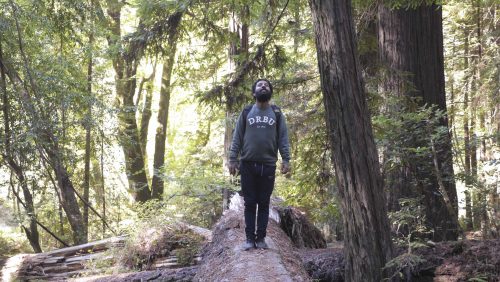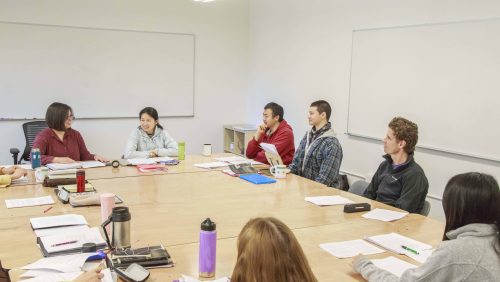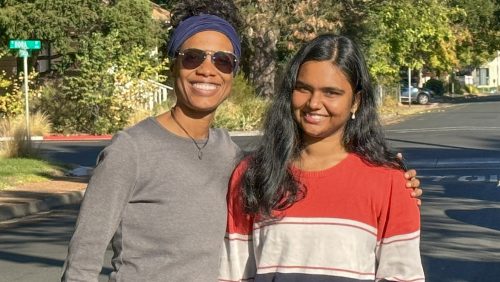Our Philosophy
Liberal education in the broad Buddhist tradition
The Teaching of Wisdom and Compassion
Dharma Realm Buddhist University is a liberal arts university rooted in the basic principles of the Buddhist teachings: wisdom and compassion. At DRBU, you will learn alongside mentors and peers motivated by the search for self-understanding and the wish to be of service to the world.
Buddhist education, simply stated, is the teaching of wisdom and compassion.

A Contemplative Approach to the Liberal Arts
Education doesn’t just inform you. It transforms you. Our approach to education, which combines careful study with contemplative practice, challenges you to carry what you learn out of the classroom and into your everyday life.
Education is a Conversation
At DRBU, you’ll take charge of your own education. Professors don’t lecture but guide you and your classmates in discussion of great works from around the world.
Work, Play, and Grow Together
Our community is small, which means you’ll be a big part of it. DRBU is what we make of it: learning side by side, helping each other and giving back. Together, we put compassion into action.


